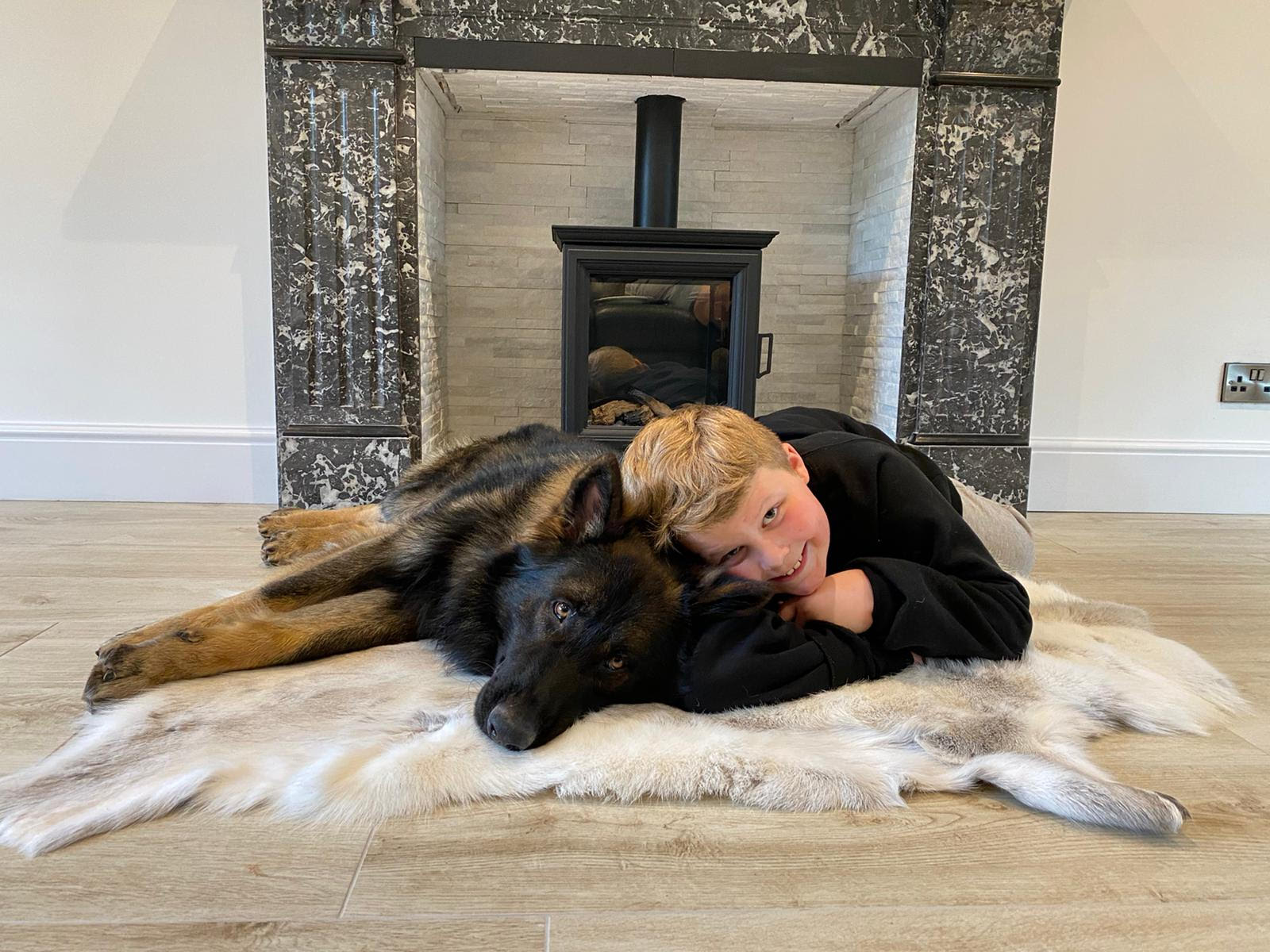This is one of the questions that we get asked all the time at Total K9. Is ‘protection dog’ just another name for ‘guard dog’? What is the difference between a guard dog and a protection dog?How can I be sure that I’m getting one and not the other? So we’re pulled together the most significant things that we think set our personal protection dogs apart from guard dogs.
Location
As you can tell from their name, guard dogs are usually kept at one specific place and are trained to recognise and to guard that building or land from intruders. In most cases they are taught that the land is their territory and that all visitors are indiscriminately unwelcome there. By contrast protection dogs are unwaveringly loyal to their owners and that loyalty and obedience still holds true when they are away from or outside of the home. Protection dogs will in fact usually welcome guests to the house, unless they sense that something isn’t right.
Intelligence
Some guard dogs can be extremely intelligent, but intelligence is not a requirement for guard dogs in the same way that it is for protection dogs. A guard dog’s primary purpose is to be intimidating and aggressive, whereas protection dogs are famously calm and quiet. This difference comes from the intelligence required to know the difference between a person or situation that poses a threat and one that is harmless. In the case of the former a protection dog may attack, but generally only as a last resort or if its owner is in immediate danger.
Disposition
Guard dogs are notoriously aggressive and quick to bark. They’re usually trained that way and that is also the reason they are bought. Because their purpose is considered straightforward, guard dogs rarely receive the holistic training that we provide to every protection dog that passes through our training academy. While guard dogs usually only learn to sound an alarm and to attack, protection dogs are trained to be gentle and inclusive towards family members and as a result are often very affectionate companions.

